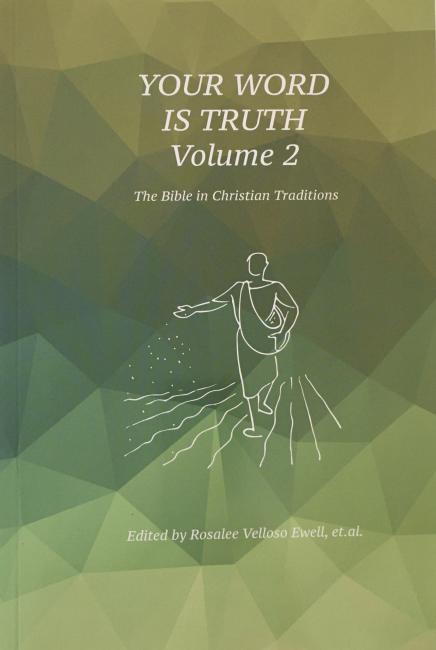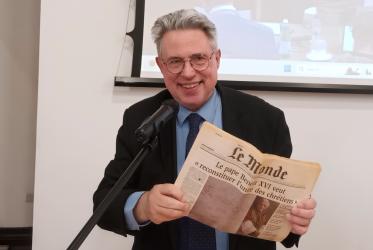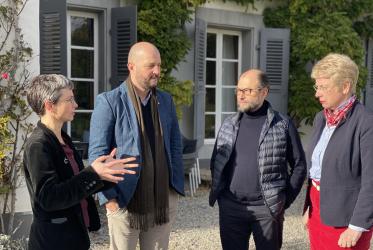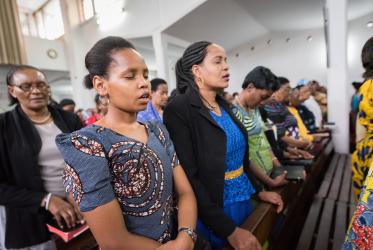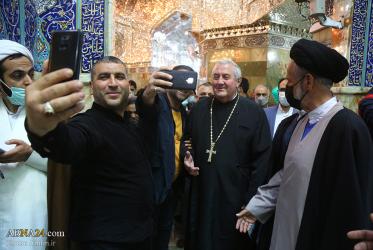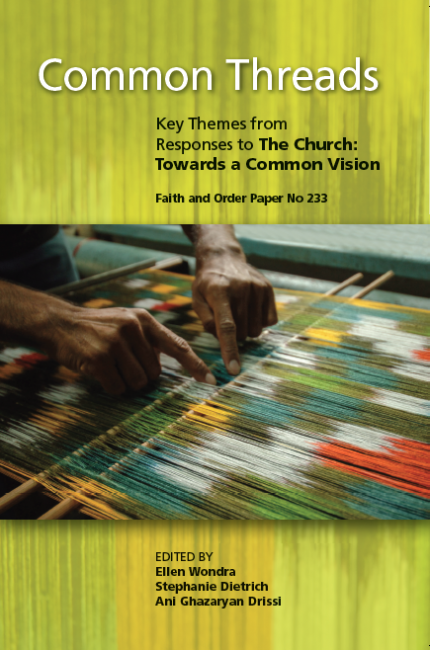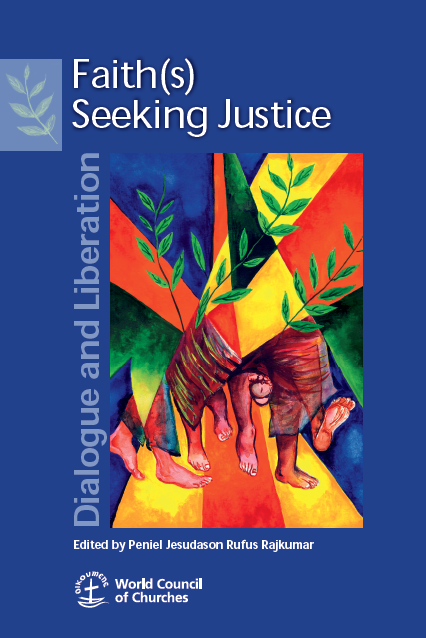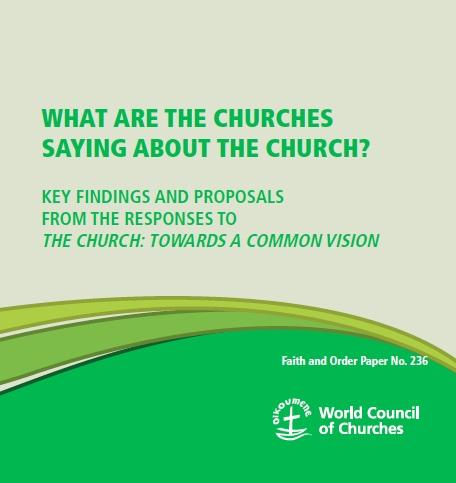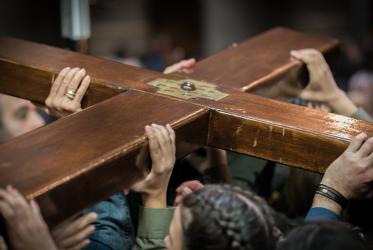Displaying 1 - 20 of 64
The Ecumenical Legacy of Pope Benedict XVI
31 December 2022
Towards a Global Vision of the Church Volume I
Explorations on Global Christianity and Ecclesiology, Faith and Order Paper 234
14 November 2022
Common Threads
Key Themes from Responses to The Church: Towards a Common Vision. Faith and Order Paper No 233
25 February 2022
Kirchen und moralisch-ethische Urteilsbildung Band 3
Band 3: Dialog fördern, um Koinonia zu stärken
05 November 2021
What Are the Churches Saying About the Church?
Key Findings and Proposals from the Responses to The Church: Towards a Common Vision
21 June 2021
